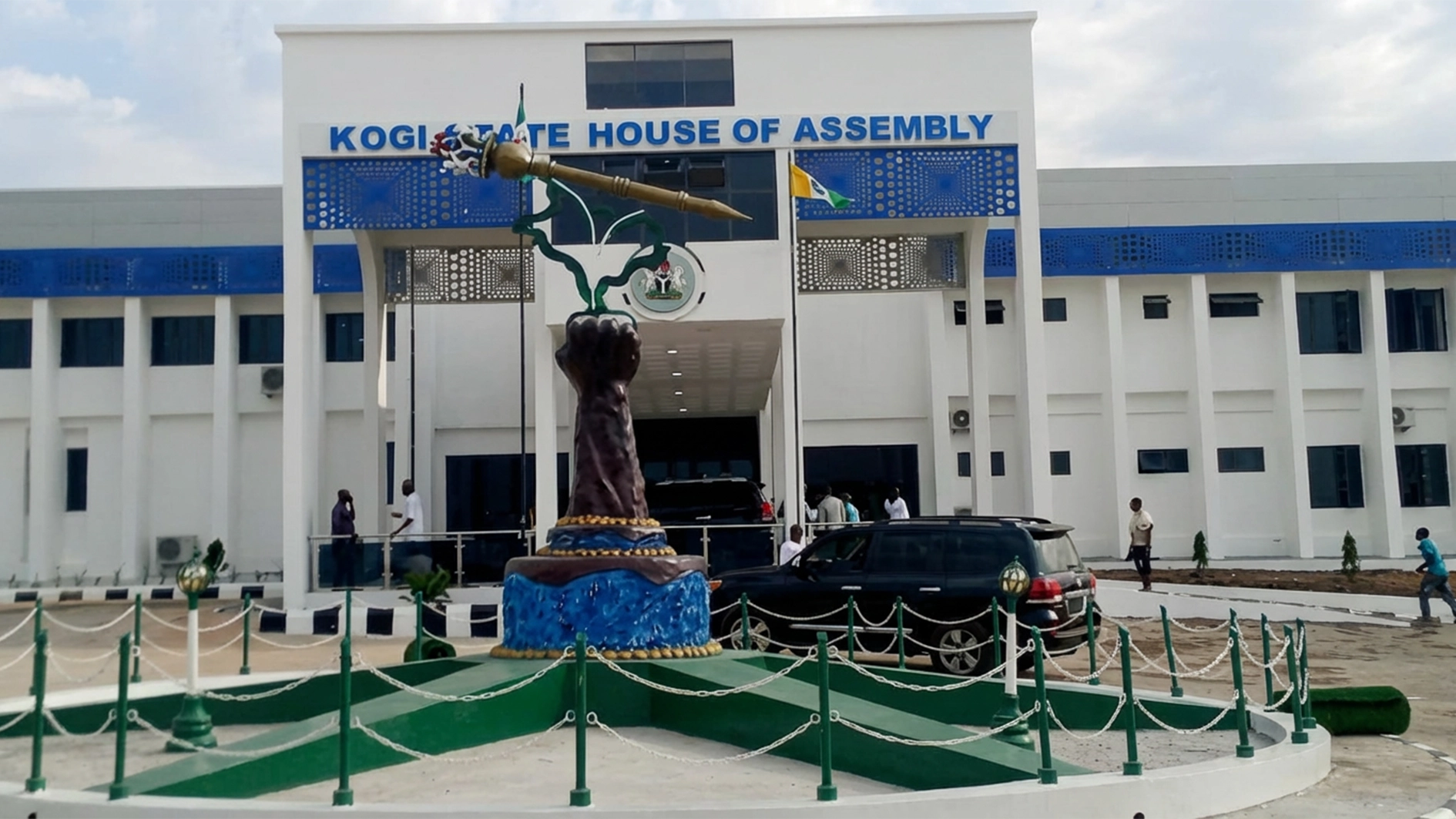Civil Society groups have renewed efforts to reform Nigeria’s legal aid system, with a view to expanding access to justice for vulnerable and underserved populations.
The Prisoners’ Rehabilitation and Welfare Action (PRAWA), in collaboration with the Rule of Law and Anti-Corruption (RoLAC) and other key stakeholders, as part of the measures, commenced a comprehensive review of the country’s National Legal Aid Strategy (2017–2022) for efficiency.
At a two-day review and validation workshop in Abuja, participants assessed the performance of the 2017–2022 Legal Aid Strategy, identified gaps, and proposed improvements for the 2026–2030 draft strategy framework.
The workshop, funded by the European Union, was implemented by the International Institute for Democracy and Electoral Assistance (IDEA).
As part of the stakeholders’ session, Associate Professor of Criminology and Security Studies at Chrisland University and President of PRAWA, Dr Uju Agomoh, presented an overview of the 2017–2022 strategy.
In her remarks, she emphasised the need for a more inclusive and accessible justice system, particularly for indigent Nigerians.
“What is needed now is to improve the 2026–2030 document. We all made mistakes, but the focus should be on making the document actionable, trackable, and workable,” she stated.
A technical session dedicated to performance appraisal of the outgoing strategy was led by Obinna Odenigbo, who facilitated discussions on key achievements, persistent challenges, and critical lessons learned over the past five years.
Odenigbo, the State Coordinator of Abia Legal Aid Council, also delivered a detailed assessment of the strategy from the perspective of state-level implementation.
He highlighted both the progress made and the structural gaps that still hinder effective legal aid delivery.
The National Legal Aid Strategy, launched in 2017, served as a five-year roadmap aimed at strengthening the nation’s legal aid framework, enhancing access to justice, and promoting the rule of law.
The strategy was developed and implemented with support from international partners, most notably the European Union (EU) and the United Nations Office on Drugs and Crime (UNODC).
Its key objectives included strengthening the institutional capacity of the Legal Aid Council (LAC); enhancing staff training and potentially increasing personnel; promoting cooperation among justice sector actors, including the police, prosecutors, and courts, to reduce systemic delays, and reducing pre-trial detention and custodial congestion through improved legal representation for detainees.
Stakeholders at the workshop, including representatives from the Nigerian Bar Association (NBA), correctional centres, the Nigeria Police, and senior legal practitioners, agreed on the urgent need for a new national legal aid framework that builds on lessons learned from the previous strategy.
Agomoh called for broader collaboration among justice institutions, civil society, and international partners to ensure that the next strategy is both impactful and sustainable.
A formal report from the review is expected in the coming weeks and may form the basis for the 2023–2027 Legal Aid Strategy.
According to the Legal Aid Council of Nigeria (LACoN), key challenges of the 2017–2022 strategy included inadequate funding, manpower shortages, poor visibility, and low public awareness.
The State Coordinator of Legal Aid Council in Kano, Mohammad Auwalu Kofa, also cited procedural delays and excessive bureaucracy as additional setbacks in the implementation of the strategy.






